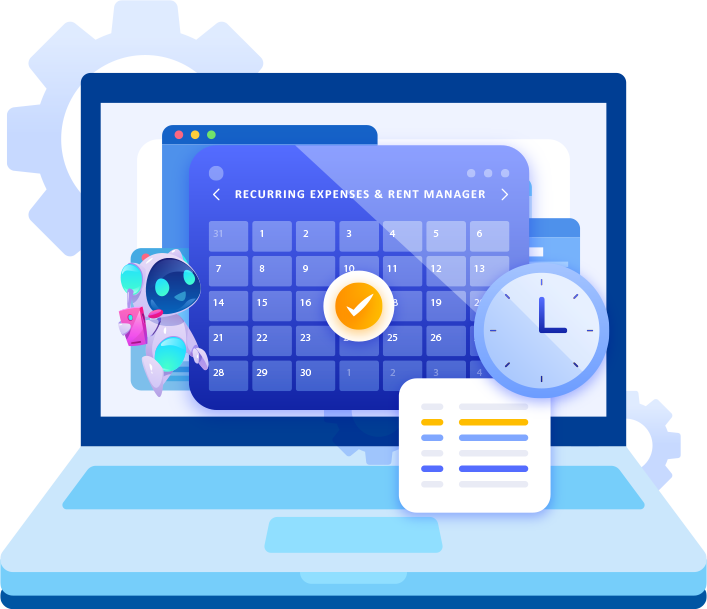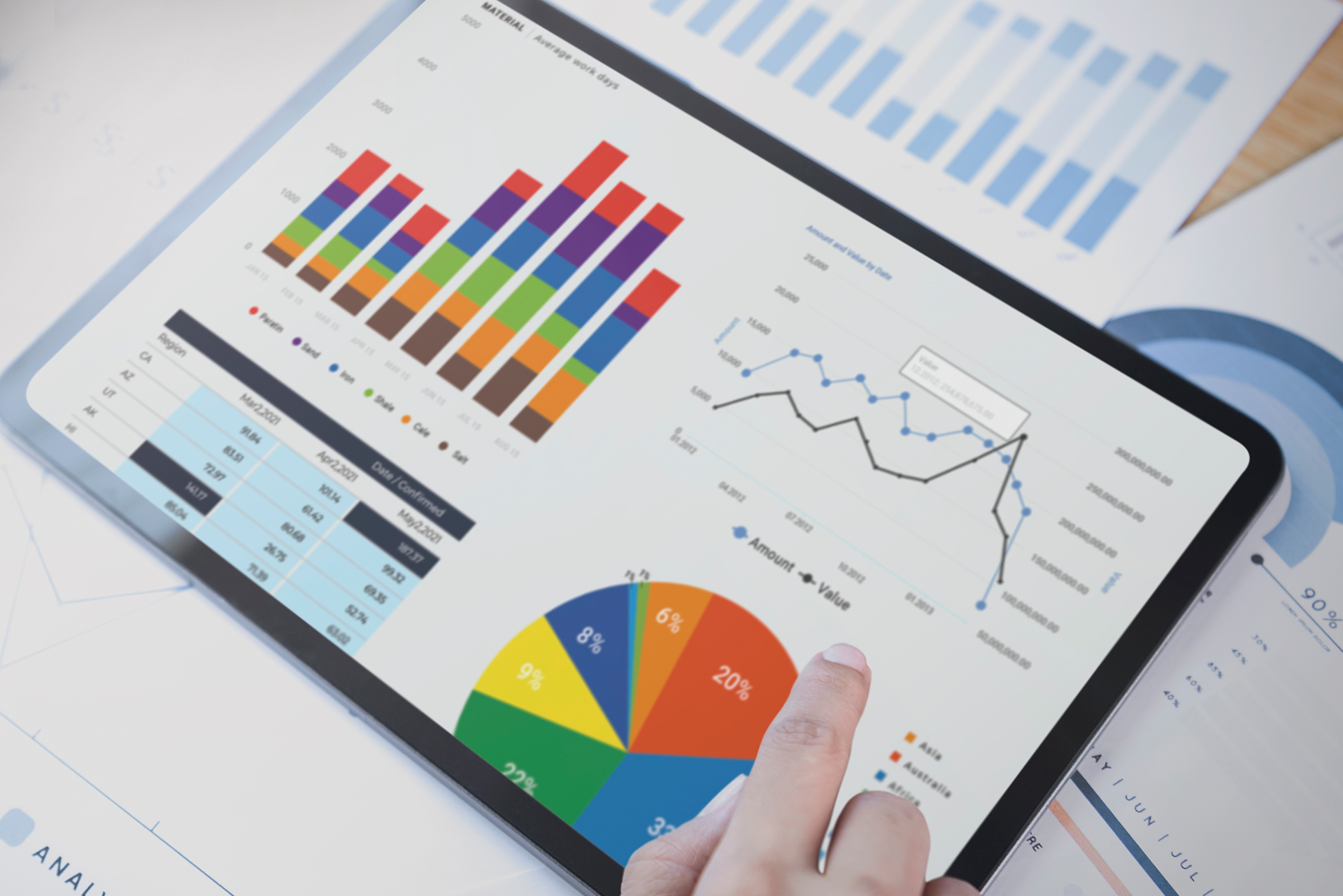
Never miss out on a critical bill payment.
Accounts Payable teams in most companies spend 30-40% of their time processing routine, repetitive and cyclical payments such as rents, mobile, electricity, and other utility bills. In this day and age of hyper automation it is a shame that simple but voluminous operations such as cost centre allocations, accounting entries, and bank transfers are using up A/P team manhours.





